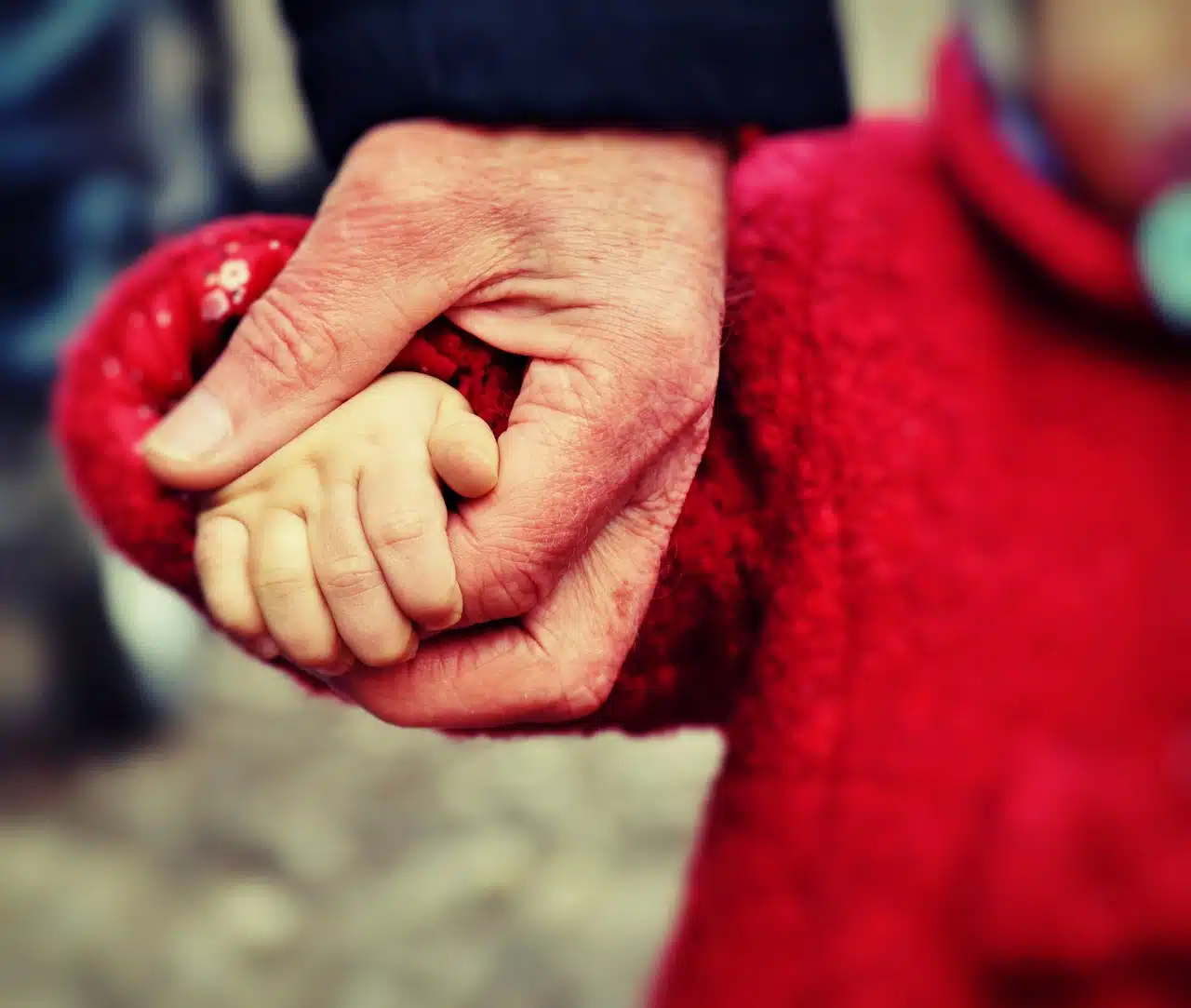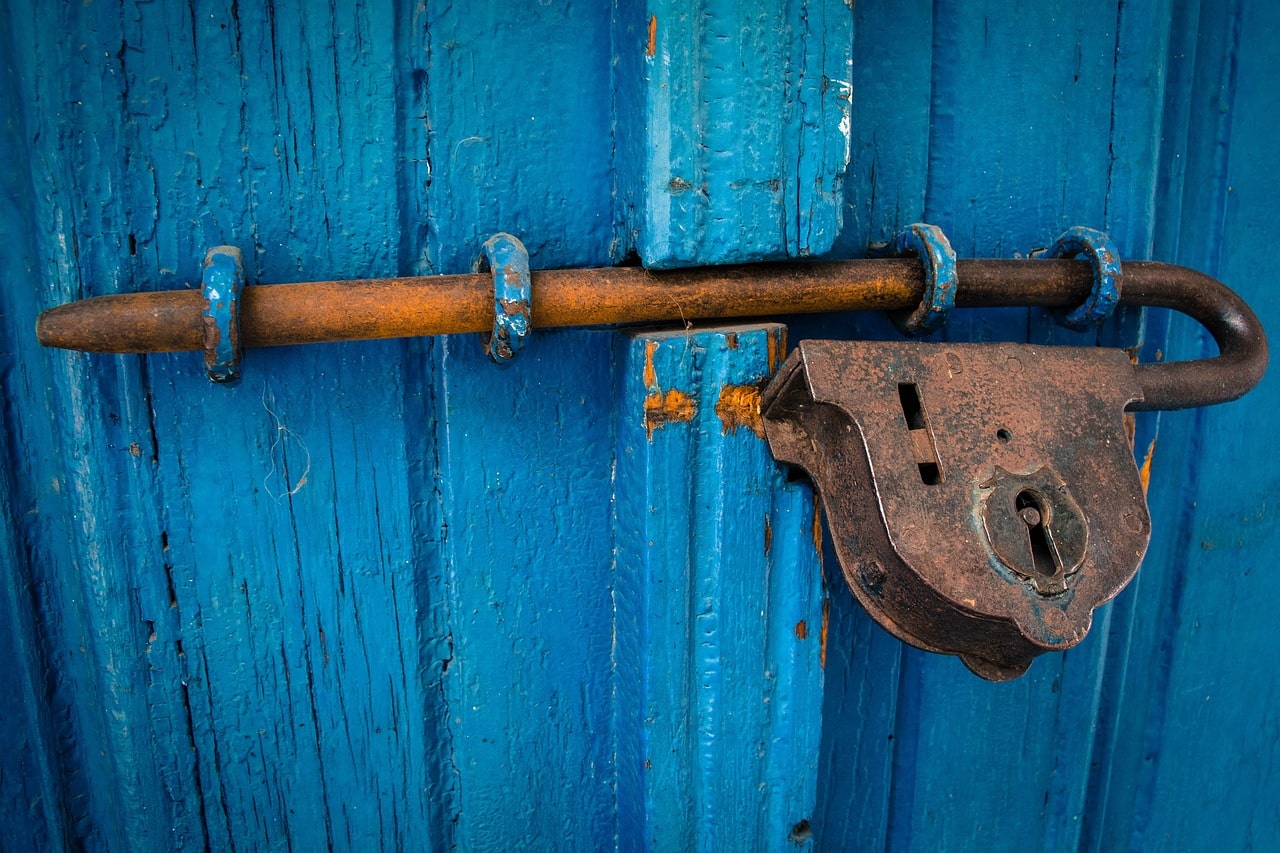
Safeguarding can be keeping someone safe.
The verb safeguard refers to protecting, preserving or caring for . It can be used with respect to a living being, an object or something symbolic.
Protect from possible damage
The concept of safeguarding refers to the action of "protecting, preserving or securing something or someone from possible damage, danger or risk." It involves taking measures or actions with the objective of guaranteeing the integrity or well-being of something or someone.
This term can be applied to a wide range of situations, from protecting the safety of a person, safeguarding a valuable object, ensuring the confidentiality of sensitive information, to preserving nature or conserving cultural heritage . In short, safeguarding involves taking preventive or corrective measures to keep something or someone safe.
Examples
Let's look at some example sentences with the term safeguard : "The young man risked his life to safeguard his pet in the middle of the fire" , "This is a catastrophe, we have to give everything to safeguard the children" , "The researchers believe that the “teenager tried to resist the attack to safeguard his integrity .”
Take the case of a country that is going through an economic crisis . Faced with this reality, the government takes urgent measures to safeguard small and medium-sized businesses (SMEs): that is, to protect them and help them survive. Within this framework, subsidies are offered and taxes are waived for companies of this type, which are very important for the community since they generate numerous jobs.
A bodyguard , on the other hand, is dedicated to guarding another person. The purpose of their work is to safeguard their protected person , ensuring their safety . To achieve this objective you must be alert, monitor your environment and act quickly if an incident occurs.
Let's look at another example of the notion of safeguarding. Several intellectuals of a nation, concerned about the misuse of the language , decide to unite to safeguard it . In this context, they organize a series of activities to raise awareness among the population about the importance of their own language and to protect it since it is an important asset for a culture. These experts also promote actions to warn about errors and vices that corrupt the language.
In law
In the field of law , safeguarding refers to the action of protecting and guaranteeing the rights, interests or assets of a person, entity or community. It is used to describe legal measures and actions taken in order to preserve, secure or defend certain rights or values.
The legal safeguard can cover various areas, such as human rights , property rights, labor rights, and consumer rights, among others. For example, laws and regulations may be established to safeguard the rights of workers , ensuring fair and safe working conditions, or to safeguard the rights of consumers, protecting them from unfair or deceptive business practices.
The concept of safeguarding is also applied in international treaties and agreements , where countries can take measures to protect certain aspects, such as their national security, their cultural heritage or the environment. These may include trade restrictions, environmental protection regulations, or cultural preservation policies.

It is also possible to safeguard the integrity of material assets.
Etymology
The term safeguard has an interesting etymology that comes from Latin. It is made up of two Latin words: salvus , which means "saved" or "safe," and guarde , which translates as "to keep" or "to protect."
The Latin word salvus is derived from the Indo-European root *solh 2 – , meaning "whole" or "saved." Throughout the evolution of Latin, this root gave rise to terms related to security, protection and preservation . In fact, the word health in Spanish is derived from this same root.
For its part, the verb guarde in Latin is associated with the action of maintaining, monitoring or protecting something. It is related to the idea of preserving or protecting something from possible damage or danger.
